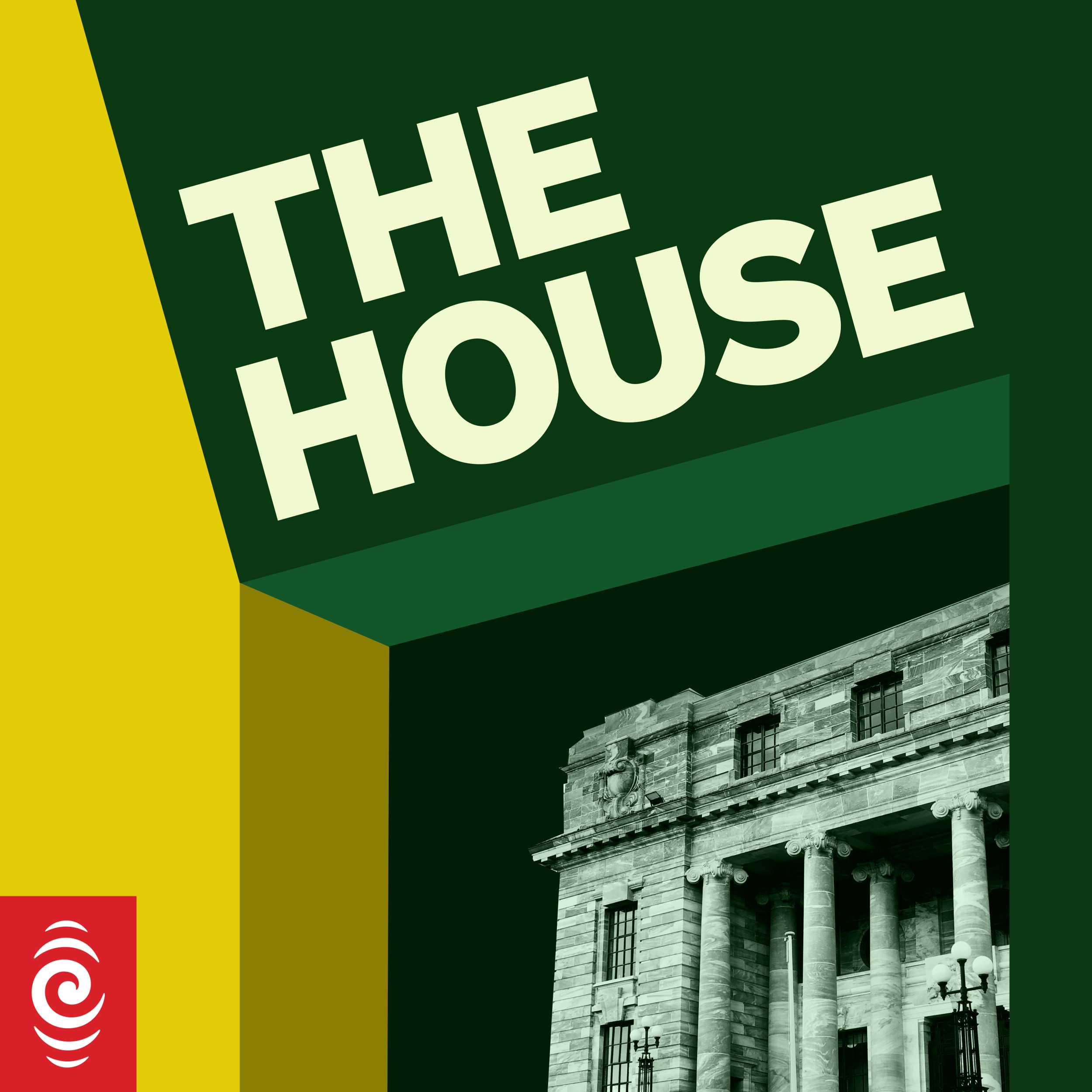

Parliament's Election Inquiry told blame lies in outdated laws
Parliament begins its election inquiry with a double-header and finds that blame is something of a boomerang.
Chief Electoral Officer Karl Le Quesne at Parliament's Justice Committee.
In each new Parliament, the Justice Committee has a recurring job. It holds an extensive inquiry into the election just gone, looking for ways to improve and update New Zealand's electoral law.
That inquiry has now begun.
Listen to the radio version of this story, as well as two other Sunday stories - on controversial bills, and the maiden statement of Francisco Hernandez.
The Warm-Up
The Justice Committee warmed up for its inquiry with a briefing from the Office of the Controller and Auditor General (OAG), which had recently completed an inquiry into vote counting errors. The OAG had some pretty interesting things to say up front.
"Many aspects of the election process are set by legislation, and the commission, we saw, has limited flexibility and options about how it goes about doing the election because of those settings. For example, there's a very prescriptive way about how votes are counted, and that's in the legislation."
David Lemmon who heads the inquiries team at the OAG, noted that it was not their role to comment on the policy of those settings or how they might be changed, "but that might be something the committee could consider".
This felt like a very polite way of telling MPs that if they wanted to look for blame in election processes they should not look to the commission, but to the law.
In fact, the overarching message from the inquiry seemed to be that the commission is pretty boxed into archaic practices with over-prescriptive legislation.
For example, take this comment from the OAG's Helen Colebrook - another great example of polite language that speaks volumes.
"It is very prescriptive around how the votes must be counted, including a manual vote-counting process that's largely similar to the 1956 Act that preceded it. There may be some opportunities there to look at whether or not that could be updated to bring it into the century that we're living in".
For a public servant that is quite an intense burn.
It was not the only criticism either. The Office of the Auditor General also had some thoughts about the funding for the Electoral Commission.
It seems the commission did not know what its election budget was until too late, and it did not get as much as it thought it needed. That led to "difficult trade-offs about what it could do with the resources that it had".
In another 'helpful suggestion', the OAG observed an international trend towards independent funding for bodies like the Electoral Commission…